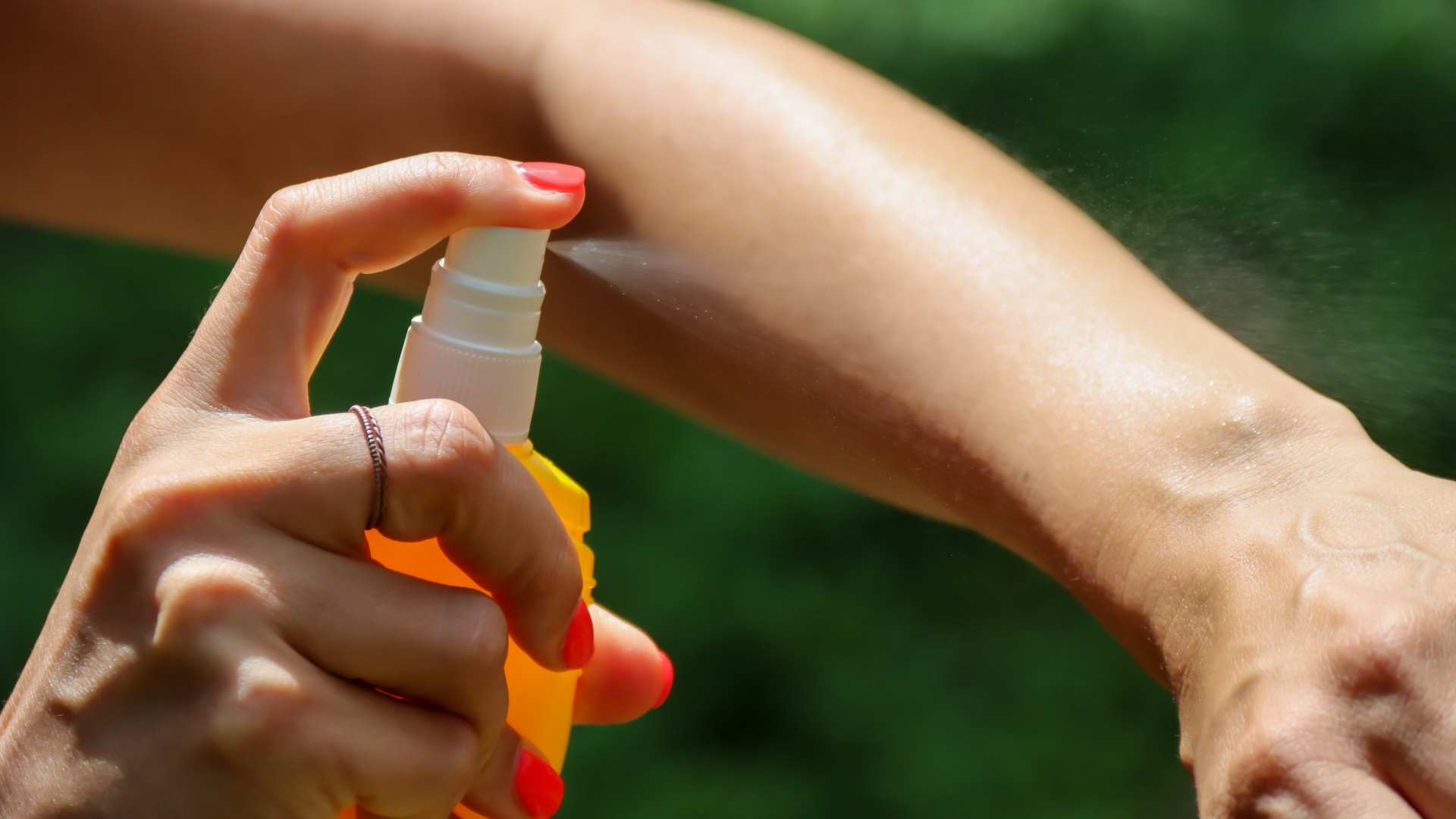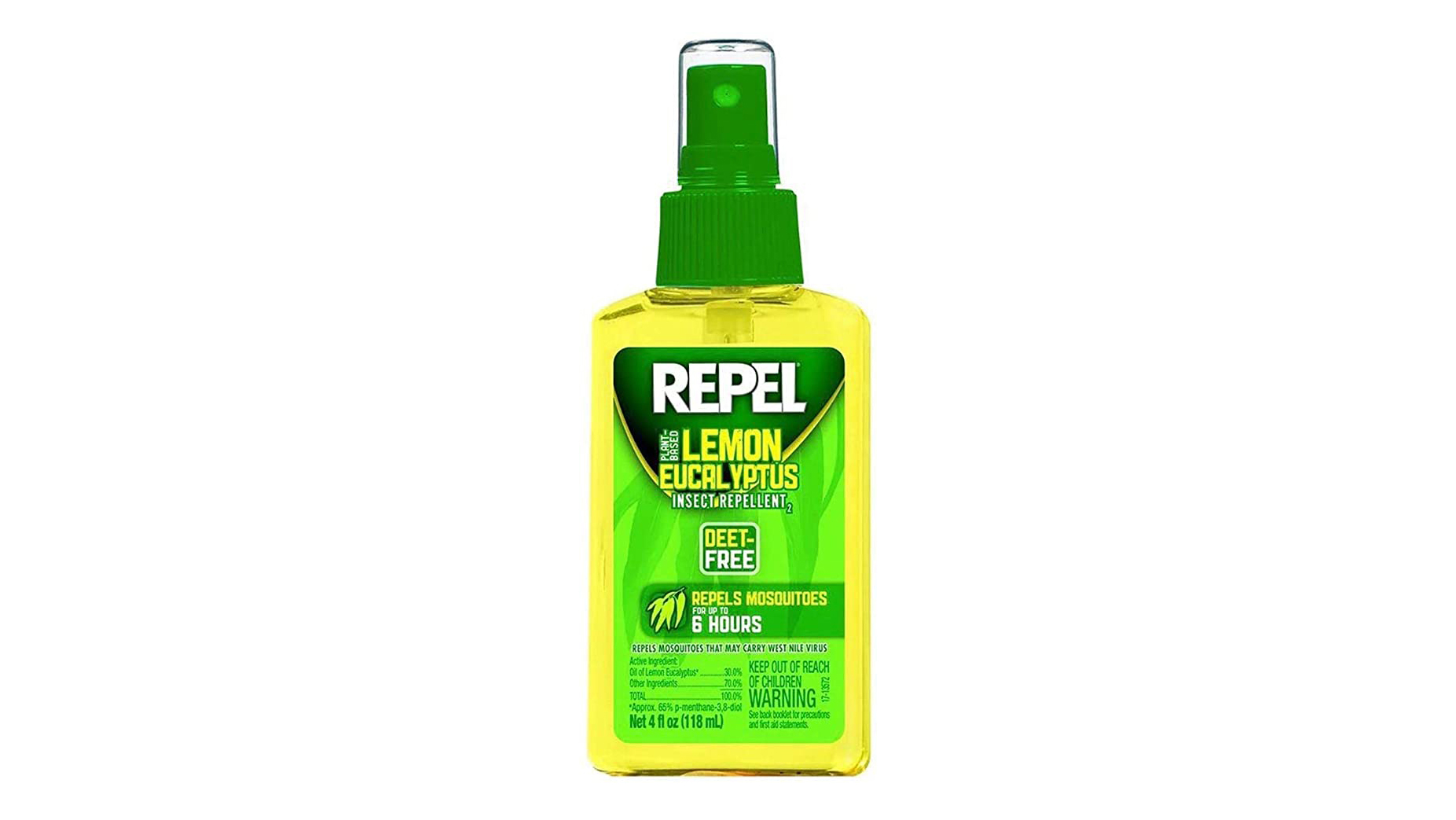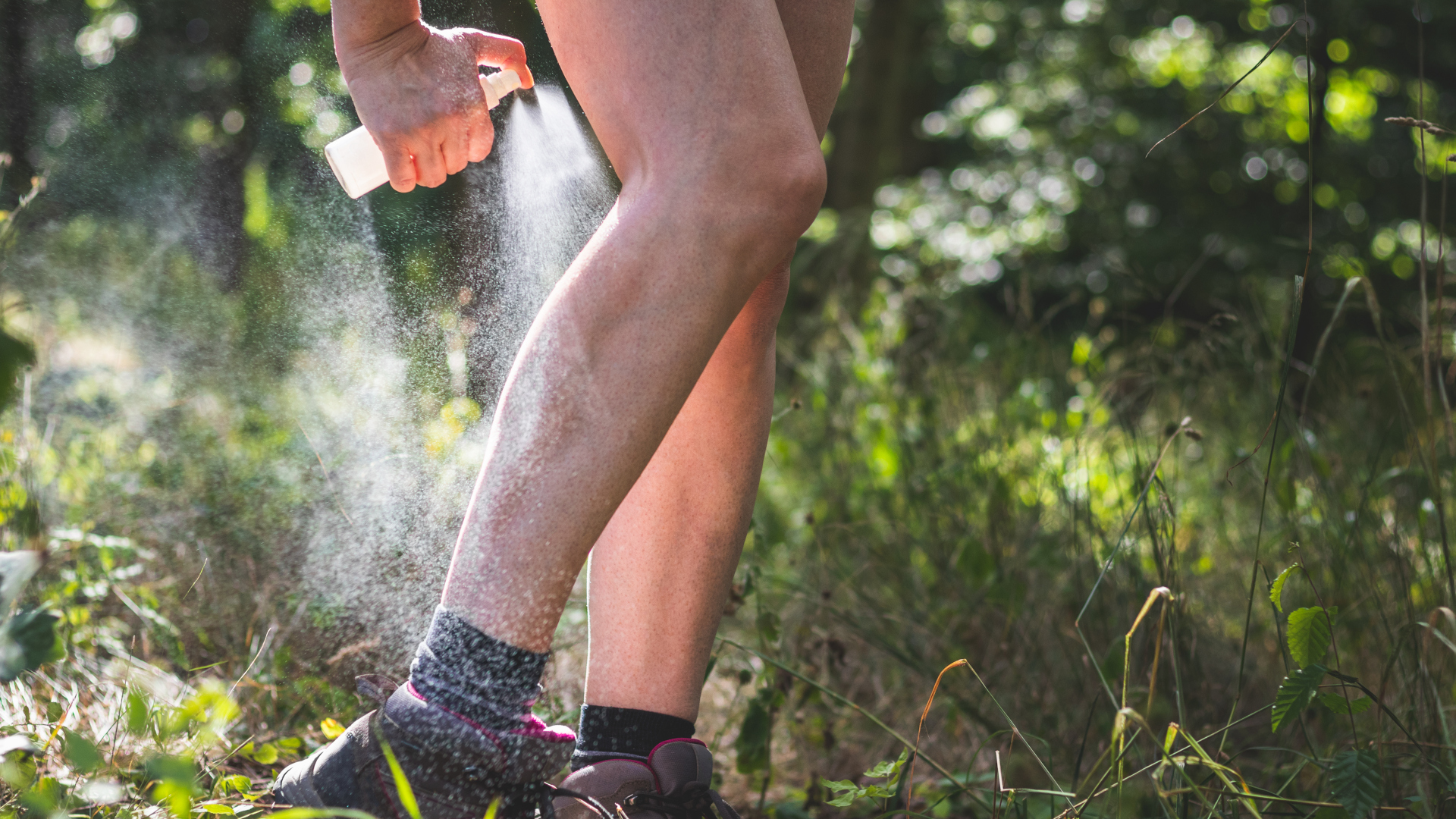
Longer days and warmer weather means that biting bugs are waking up and you might be looking for something to protect your flesh from chomping critters. Although the best insect repellents recommended by the CDC and the World Health Organization contain DEET to provide complete protection against disease-carrying insects, we know that there are reasons why you may want to avoid it, for example if you have sensitive skin. The good news is that there are some natural alternatives to DEET and chemical-based sprays that have been shown to have some success against mosquitos and ticks in clinical trials. If you’re looking for a natural alternative to insect repellents and you aren’t trekking deep into the jungle, we explore seven natural insect repellents in this article.
Generally speaking, natural alternatives such as essential oils aren’t as effective as DEET-based sprays, but that may be in part because they’re more difficult to apply to your whole body, so where applicable, we’ve indicated how to mix up a spray to help you out. Oil doesn’t dissolve in water, so make sure to shake up your spray bottle before each use, and apply generously. We can’t promise you’ll come out totally bite-free, but you might want to test these out for yourself and we’re sure you’ll smell great after your hike.

1. Lemon eucalyptus oil
Lemon eucalyptus oil is used in many insect repellents and a 2014 study in Australia compared it to DEET and found it to offer 95% protection for three hours, compared to DEET’s 100% protection over over four hours. You can mix about 30 drops of the oil with three times that amount of witch hazel in a spray bottle and apply every three hours.
2. Citronella oil
Citronella oil is extracted from several different kinds of grass and is commonly used to keep biting bugs at bay. For camping, you can burn citronella sticks (like incense) or candles around the campsite at dusk, but if you’re on the go you can also mix the oil up with water and spray apply it. The National Association for Holistic Aromatherapy recommends 10 - 15 drops per ounce of water.

3. Geraniol
Geraniol is one of the ingredients of citronella and commonly used in rose oil, but it can be used on its own as a pesk deterrent. It is a naturally occurring alcohol that is produced by honeybees to mark flowers and hives and a 2009 study performed in Israel found geraniol candles to be about 75% effective at repelling mosquitos.
4. Catnip oil
If you have a cat, you’ll already be aware of catnip’s effect on your feline friend. This plant, a member of the mint family, will send a cat into a fit of extreme pleasure and thrashing around and in 2022, researchers at the University of Iwate in Japan discovered that when cats chew the plant up, it releases a natural mosquito repellent. Catnip oil shouldn’t be applied directly to your skin, but you can find natural insect repellents with catnip oil as a main ingredient that are safe to use and will repel some, but not all, mosquitos and flies, according to 2021 research.

5. Cinnamon oil
The scent of cinnamon doesn’t just cover up your whiffy armpits during a sweaty hike, it also has repellent properties against mosquitos and in higher doses may even kill mosquito eggs, according to a 2021 research paper in the journal Molecule. Cinnamon oil can be irritating if you apply it directly to your skin without diluting it, so add 10 drops of oil to every 30ml of water, shake and spray.
6. Thyme oil
Thyme oil has been indicated in clinical studies in effectively repelling malarial mosquitoes and a study published in the Journal of Medical Entomology found a mixture of 50 percent thyme oil and 50 percent clove oil was effective for up to 2.5 hours. It’s better to mix up these oils with water and use it as a spray so you can more easily cover your skin, and reduce sensitivity, so try 10 drops of thyme oil for every four ounces of water.

7. Tea tree oil
If you’re hiking or camping near livestock and it’s flies that are being a nuisance, tea tree oil was found to be 100% effective against flies after 12 hours according to a 2014 study performed in Brazil. Tea tree oil is a common ingredient in natural bug sprays, and you can apply it as a lotion, spray or gel. It’s well known for its anti-inflammatory properties too, so if you get bitten by something else, it will reduce irritation.







